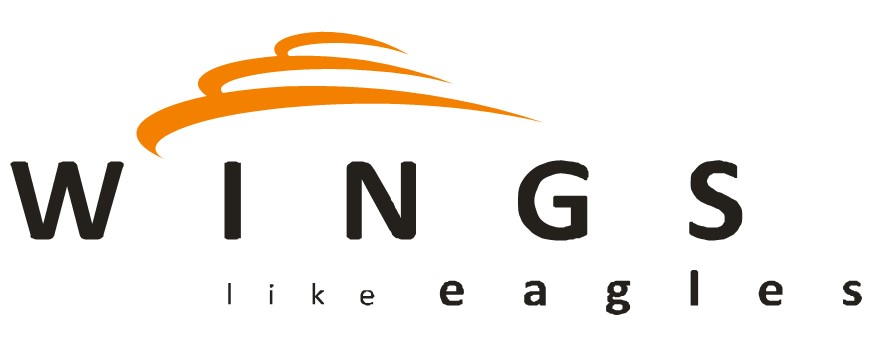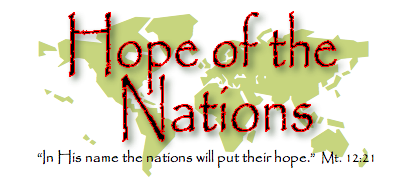
Benefits are important, and there is a continuing drive for British charities to produce real charity benefit.
The British charity regulator is called the Charity Commission and it has just published a new public benefit test.
Wings Like Eagles chooses to show how we meet this new test and we hope it shows what your support achieves. It may seem a bit techy, but what we want to do is be transparent and to let you contact us if you have any questions.
What is the public benefit?
In England and Wales, a charity must have only ‘charitable purposes’.
Our ‘purposes’ are what Wings Like Eagles (‘Wings’) does. To provide ‘public benefit’:
- Our purposes must be beneficial.
- Wings helps to save lives, we try to get the right aid to the right people, we provide access for all.
- We think this are huge benefits in a disaster. See our Purpose.
- Any harm that results must not outweigh the benefit.
- Wings has a small carbon footprint, but the global warming produced is outweighed by the delivery of urgent aid to the needy, who otherwise might die.
To benefit the public you must….
- Benefit the public in general. Or benefit a sufficient section of the public. (See part 5 of the Charity Commission guide).
- Wings aims to benefit all who affected by disasters. We do not discriminate.
- For all who need help, we aim to help – regardless of gender, race, faith, age or any other issue.
- We follow the same code of conduct as the Red Cross and Red Crescent
- Not have more than incidental personal benefit. (See part 6 of the Charity Commission guide).
- Our CEO is a Trustee. We have gained special approval to pay him for his work as CEO.
- This approval is from the Charity Regulator. It has tight limits. These are checked at audit.
- When you decide how to carry out your charity’s purpose….
- You should know who can potentially benefit from your charity’s purpose.
- So we have attached a picture of some who have benefited. Wings has plenty more if you want – why not Contact Us.
- We also have a video of some others who have benefited.
- You should think about all the ways in which you could carry out your charity’s purpose.
- Wings provides benefit with local language skills to reassure.
- We provide surveys so the authorities know who is in need.
- Wings delivers life saving food and other items.
- We provide access to surveyors who can target key resources to aid recovery.
- You should know who can potentially benefit from your charity’s purpose.
Can you have a particular focus?
When making decisions that affect who can benefit, you may choose to focus on certain beneficiaries. You can do this if:
- You have proper reasons for doing so.
- Wings focuses on Mozambique at the moment. Especially on rural people.
- This is because we have only one helicopter.
- Rural people have low incomes. They may be isolated from roads and have little health care. Also they have little money. They are some of the most vulnerable in the world.
- The poor are not excluded from benefit.
- We do not exclude them. We target them.
- A smaller group is a sufficient section of the public for your purpose.
- The smaller group is about 18 million people.
- You make decisions in accordance with the framework for trustee decision-making (This does not form part of our public benefit guidance).
- We have regular meetings of Trustees. They have diverse skills. These including aviation, finance and legal experience.
What are the aims of Wings Like Eagles?
The charity objects of Wings Like Eagles are to:
(a) Relieve sickness and financial hardship. To promote and preserve good health by the provision of funds, goods or services of any kind. This includes but is not limited to the provision of relief capability and community rebuilding programmes for people in disaster-affected areas or countries. This is through providing logistical and financial resources, advice and support services in such parts of the world as the Trustees from time to time may think fit.
(b) Advance education. Education including but not exclusively in socially and otherwise disadvantaged communities in such parts of the world and by such means as the trustees may from time to time think fit;
(c) Fulfil such other purposes which are exclusively charitable according to the law of England and Wales and are connected with the charitable work of the Charity.






0